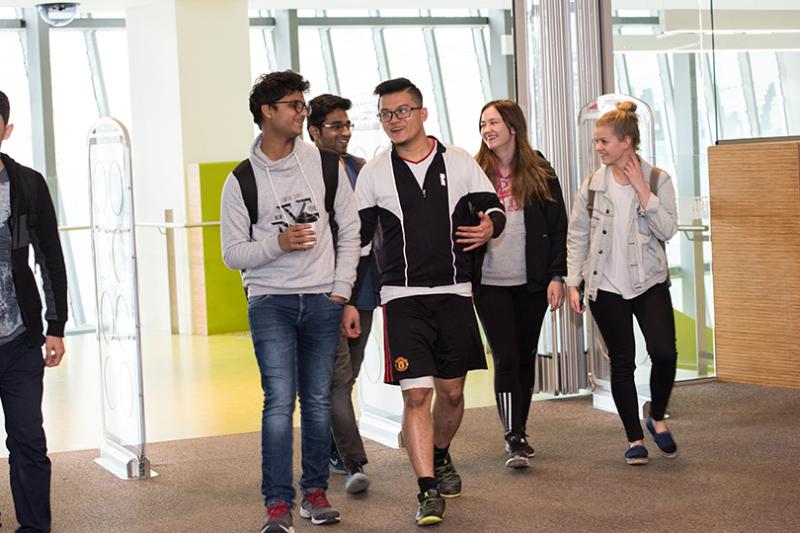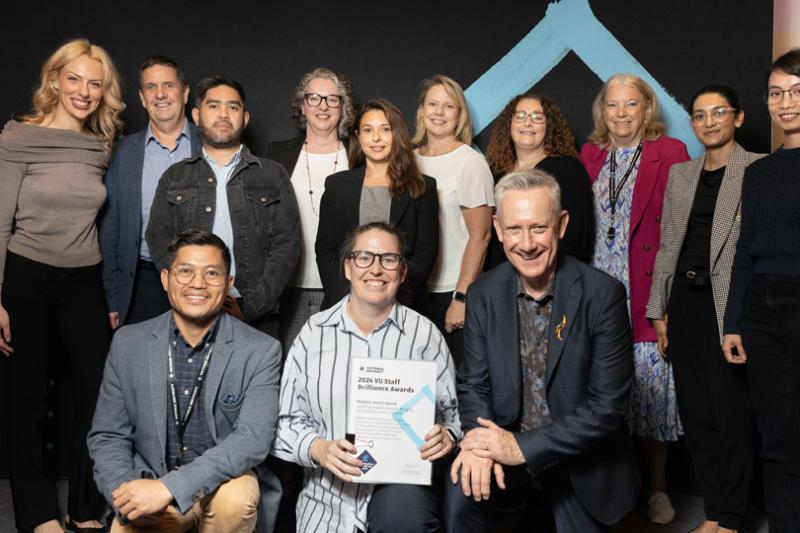Wasting talent is costing billions

The latest report by Mitchell Institute at Victoria University finds large numbers of young Australians are not succeeding in education and training, and it’s costing taxpayers billions of dollars each year.
The findings reveal one in eight Australians will never attain a Year 12 qualification, and some of these people make up the one in eight Australians who will be disengaged from the workforce for most of their lives.
Victoria University’s Vice-Chancellor, Professor Peter Dawkins, said when young people aren’t supported to find success later in life it leads to enormous costs for everyone – through wasted tax dollars and lost chances to build safer communities, a stronger workforce and a richer economy.
“When we fail to set young people up for success, they are not the only ones affected – the impact stretches to all corners of society,” Professor Dawkins explained.
“The size of the impact, we’ve discovered, is staggering. Poor investment in our education system, especially in areas that help young people transition to careers, is costing our country billions of dollars every year.”
The are problems in key areas of education that lead to more people entering a life of crime, clogging public health services and relying on government support payments to get by. This also means people pay less taxes, and make less of an overall contribution to our economy and communities.
The fiscal and social costs associated with these issues are enormous.
For taxpayers, having 38,000 people aged 19 who will never achieve Year 12 or equivalent costs $315 million each year, and more than $12 billion over a lifetime. Having 46,000 people aged 24 who will be disengaged for most of their lives costs taxpayers $472 million each year, and almost $19 billion over a lifetime.
From the social perspective, the group of early school leavers costs governments and communities more than $580 million annually and more than $23 billion over a lifetime. The figures are even larger for the disengaged 24 year olds – $1.2 billion each year and more than $50 billion over a lifetime.
These costs are based on cohorts from just one year and they are conservative: actual costs are likely higher.
Professor Dawkins said governments need to prioritise system changes to ensure all Australians have equal education opportunities, while industry leaders, educators and communities can also help drive change.
“Universities and training institutes can be part of the solution by partnering with employers, understanding community needs and providing better opportunities for more young people to gain the skills and knowledge they need to find success.
“It is a matter of urgency to pay attention to the problems in our system that are letting down so many people. In the meantime, we’ll all keep paying the costs.”



